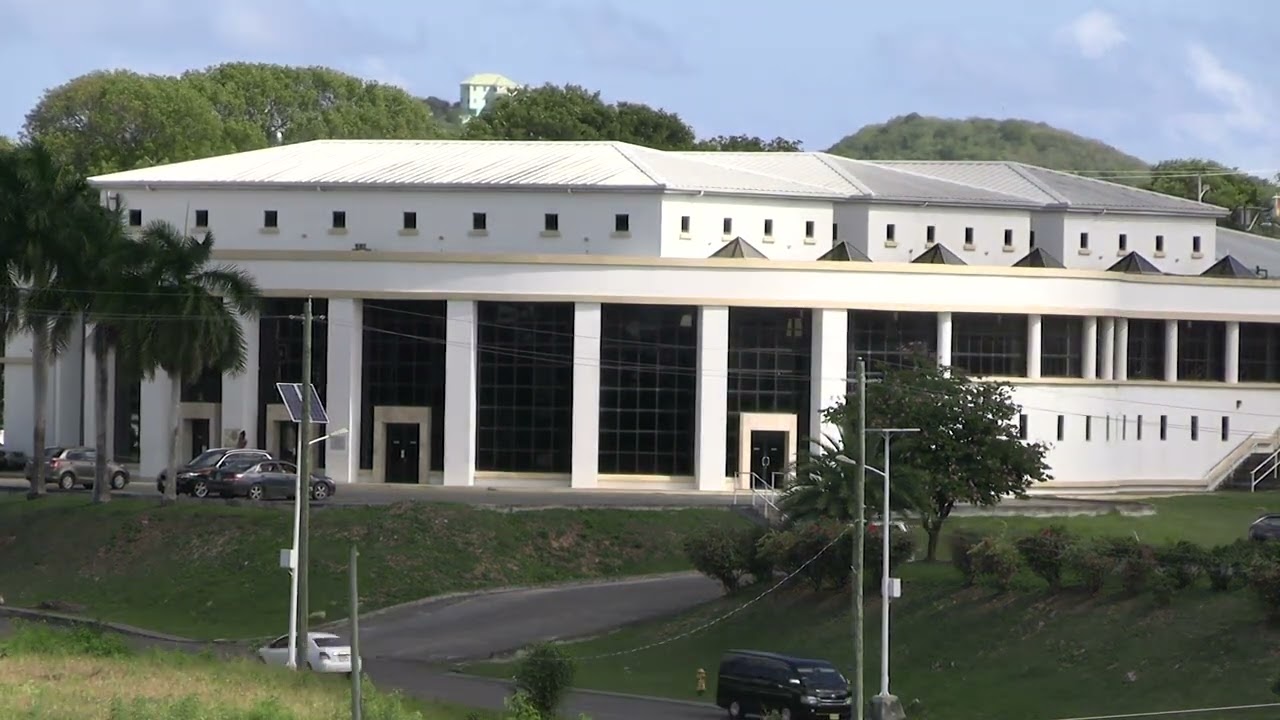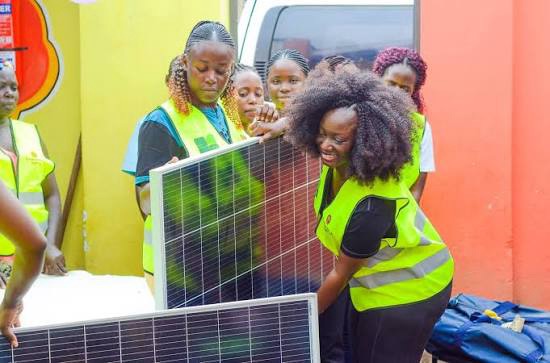In a landmark agreement, Google has opted for nuclear energy to meet the hefty power demands of its AI data centers by signing a deal with Kairos Power. This partnership aims to bring online the first small nuclear reactor by 2030 and expand with more reactors by 2035, marking a significant shift toward nuclear sources within the tech industry. As data centers grow increasingly energy-intensive, tech firms such as Google are pivoting away from traditional power sources in favor of more sustainable, yet robust solutions—nuclear power being a prominent choice due to its 24/7 electricity production and near-zero carbon emissions.
Despite the environmental benefits, nuclear energy remains controversial. Concerns over safety persist, including the long-lived radioactive waste it generates and historical incidents that highlight its risks. Nonetheless, companies like Microsoft and Amazon are also pursuing nuclear avenues. Microsoft has struck a deal to rejuvenate operations at the Three Mile Island plant, a site known for America’s most severe nuclear mishap in 1979, and Amazon has expressed interest in acquiring a nuclear-powered data center in Pennsylvania.
Michael Terrell, Google's senior director for energy and climate, underscored the importance of diversifying energy sources to support burgeoning AI technologies. "This agreement helps accelerate a new technology to meet energy needs cleanly and reliably, and unlock the full potential of AI for everyone," Terrell stated, emphasizing the role of this innovation in minimizing carbon footprints while supporting technological growth.
Although the financial specifics and exact locations of these future nuclear sites remain undisclosed, the move signals a potentially transformative phase in energy sourcing for AI, one that may balance emissions and reliability concerns with the need for enhanced electrical supply across global tech infrastructures.
Despite the environmental benefits, nuclear energy remains controversial. Concerns over safety persist, including the long-lived radioactive waste it generates and historical incidents that highlight its risks. Nonetheless, companies like Microsoft and Amazon are also pursuing nuclear avenues. Microsoft has struck a deal to rejuvenate operations at the Three Mile Island plant, a site known for America’s most severe nuclear mishap in 1979, and Amazon has expressed interest in acquiring a nuclear-powered data center in Pennsylvania.
Michael Terrell, Google's senior director for energy and climate, underscored the importance of diversifying energy sources to support burgeoning AI technologies. "This agreement helps accelerate a new technology to meet energy needs cleanly and reliably, and unlock the full potential of AI for everyone," Terrell stated, emphasizing the role of this innovation in minimizing carbon footprints while supporting technological growth.
Although the financial specifics and exact locations of these future nuclear sites remain undisclosed, the move signals a potentially transformative phase in energy sourcing for AI, one that may balance emissions and reliability concerns with the need for enhanced electrical supply across global tech infrastructures.





















